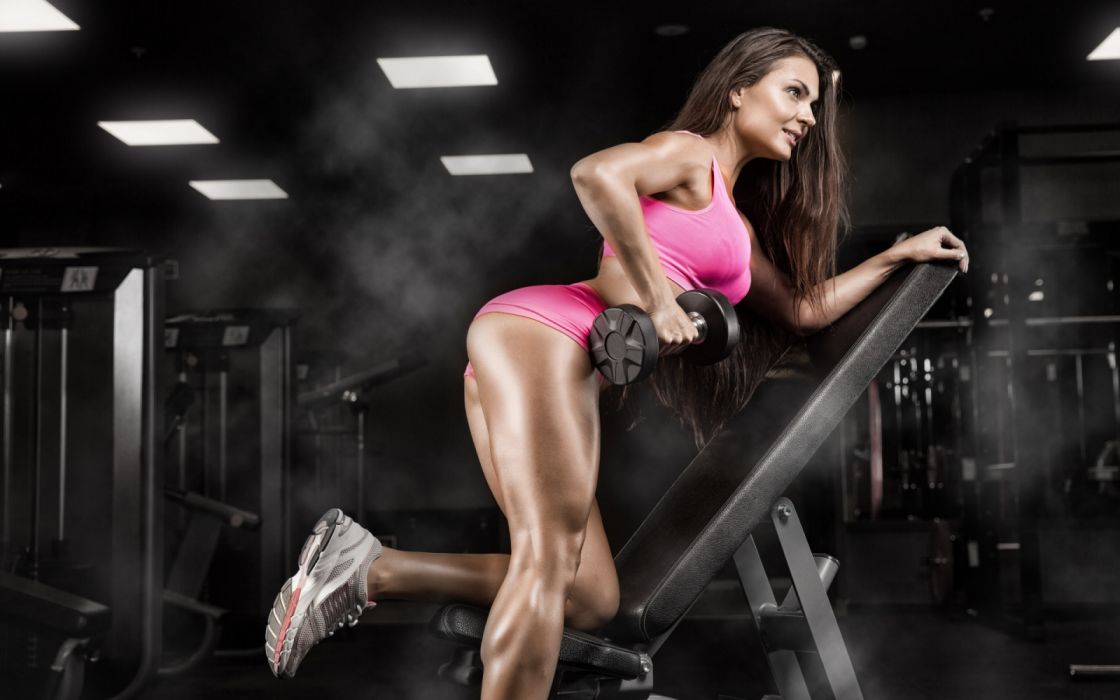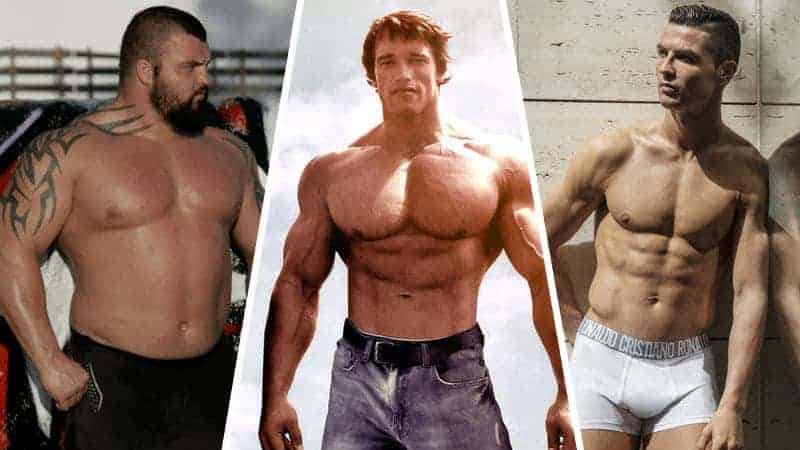Experts have long said that there’s no mystical shortcut when it comes to exercise—you truly get out of it what you put into it. That doesn’t mean you need to spend endless hours grinding at the gym. The real secret lies in efficiency. Smart workouts, done consistently, can transform your health, energy levels, and physical shape far more than extended routines done poorly or sporadically.
But not every workout is created equal. Some exercises are universally beneficial, targeting multiple muscle groups, improving coordination, building strength, or burning calories more effectively. Whether you’re a total beginner or a seasoned gym-goer, the most effective exercises are those that combine practicality, adaptability, and results.
To uncover the most effective moves, we asked leading fitness professionals to name their top picks. The following exercises aren’t just good—they’re versatile, functional, and time-tested favorites across all fitness levels.
















